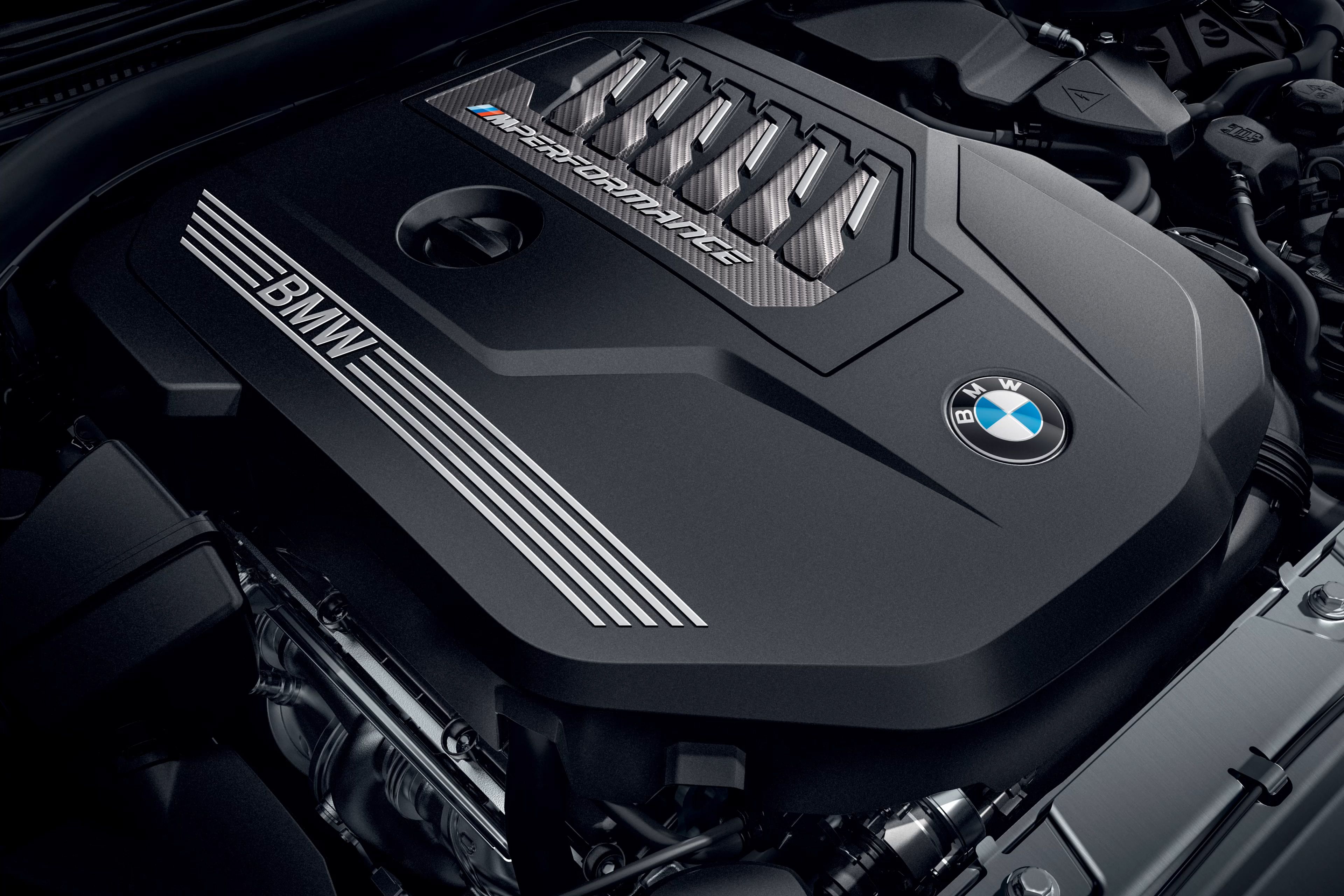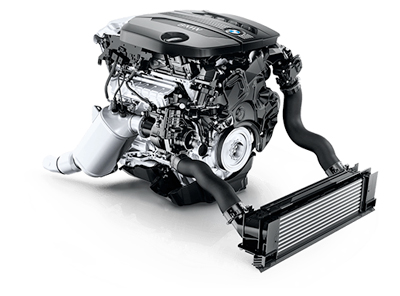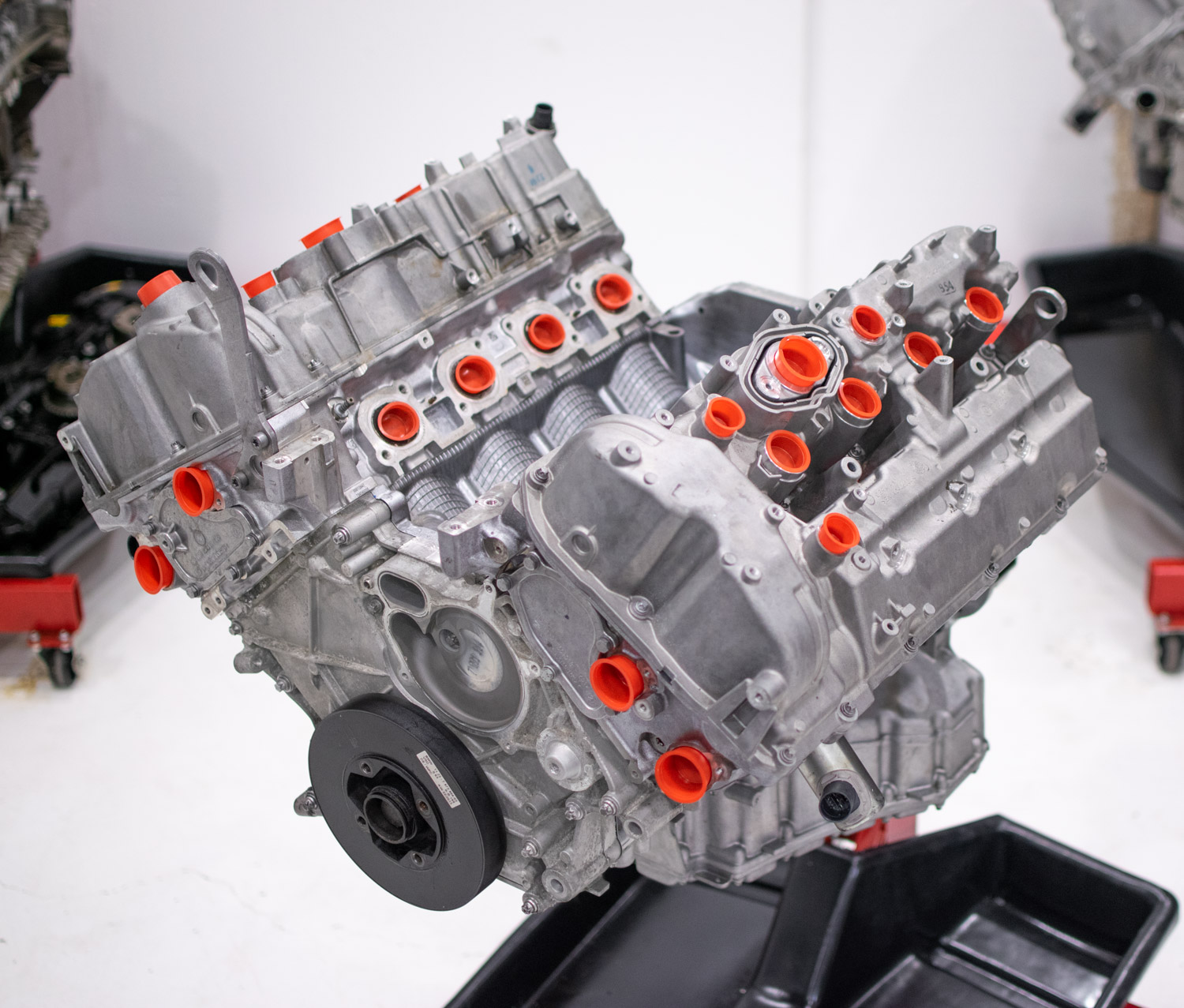Just how to Maintain Your BMW Engine for Optimal Performance and Longevity
Just how to Maintain Your BMW Engine for Optimal Performance and Longevity
Blog Article
Introducing the Intricacies of Next-Generation Power Units: a Deep Study Advanced Engine Technologies and layouts
In the realm of automobile design, the relentless pursuit of effectiveness, sustainability, and efficiency has moved the evolution of power systems to extraordinary heights. As we stand on the precipice of a new age in transport, the complexities of next-generation engine designs bid us to explore the cutting-edge technologies and technologies that guarantee to redefine the driving experience. From innovative materials that push the borders of toughness and weight reduction to innovative turbocharging and supercharging systems that elevate power output to new degrees, each element of these power systems holds an essential to opening the future of automobile design. Diving deeper right into the realms of discharge control, smart engine management systems, and the perspective of power unit advancement, we find ourselves on the cusp of a transformation that guarantees to reshape the landscape of wheelchair as we understand it.
Development of Engine Materials

The shift towards progressed engine products has actually also made it possible for engineers to design engines with greater power outcomes while maintaining gas performance requirements. The usage of lightweight products minimizes the general weight of the engine, leading to improved gas economy and reduced emissions. In addition, innovations in materials innovation have actually permitted much better thermal monitoring within engines, leading to enhanced reliability and durability.
Turbocharging and Supercharging Technologies
Just How do Turbocharging and Supercharging Technologies reinvent engine performance and effectiveness in modern lorries? Turbocharging and turbo charging are technologies that significantly enhance engine efficiency by enhancing the quantity of air consumption right into the burning chamber. Turbocharging achieves this by using a turbine driven by exhaust gases to pressurize the intake air, while turbo charging makes use of a belt- or chain-driven compressor to attain the very same impact.
These modern technologies enable smaller, extra fuel-efficient engines to create power equivalent to larger ones, referred to as downsizing. By compeling more air right into the cylinders, turbocharging and supercharging enhance combustion efficiency, resulting in raised horse power and torque outcome without a significant rise in engine dimension. This causes much better velocity, pulling capability, and total driving performance.
Moreover, turbocharging and turbo charging add to enhanced gas performance by permitting the use of smaller sized engines that consume less fuel under normal driving problems - bmw engine. This mix of enhanced efficiency and effectiveness has actually made turbocharging and supercharging important elements of many modern-day engine designs
Discharge Control and Environmental Influence
With enhancing international problems relating to air top quality and ecological sustainability, the execution of exhaust control technologies in cars plays a vital duty in reducing hazardous toxins released right into the ambience. Modern automobiles are furnished with sophisticated emission control systems that assist minimize the ecological influence of automobile procedures. Catalytic converters, for circumstances, are created to convert hazardous gases such as carbon monoxide, nitrogen oxides, and hydrocarbons right into much less unsafe substances like carbon dioxide and water vapor.
Moreover, advancements in engine technology, such as the integration of exhaust gas recirculation systems and careful catalytic decrease, have significantly added to reducing discharges. These modern technologies operate in tandem to optimize burning performance and reduce the release of hazardous contaminants right into the air. In addition, the development of crossbreed and electric lorries stands for an important action towards reducing the overall environmental impact of the transportation industry.
Intelligent Engine Administration Solution

Additionally, these systems enable automobiles to satisfy rigid discharges requirements without jeopardizing efficiency, providing a more environmentally friendly driving experience. The integration of artificial intelligence and equipment knowing abilities in engine management systems continues to press the limits of what is possible, bring about more renovations in effectiveness, reliability, and general automobile performance. bmw engine. As auto modern technology advancements, intelligent engine administration systems will play a crucial duty fit the future of transportation towards a much more efficient and lasting instructions
Future Trends in Power System Development
As intelligent engine administration systems pave the method for other enhanced control and optimization in contemporary vehicles, future trends in power unit development are poised to redefine the landscape of auto propulsion modern technologies. These alternative power resources supply improved performance and efficiency while lining up with stringent ecological policies.
One more substantial trend is the integration of innovative materials and producing methods. Lightweight materials such as carbon fiber and aluminum are being utilized to lower overall lorry weight, boosting fuel efficiency and efficiency. Additionally, innovations in 3D printing and additive manufacturing are allowing the production of complex engine components with greater precision and longevity.
In addition, synthetic intelligence and equipment discovering are playing a vital function in enhancing power device performance. These technologies enable real-time surveillance and adaptive control, resulting in extra effective and reputable power delivery. On the whole, future trends in power unit advancement are geared towards efficiency, sustainability, and performance, driving the automobile sector towards a brand-new age of propulsion technologies.

Final Thought
In verdict, the innovations in engine materials, turbocharging, discharge control, and smart administration systems have led the method for next-generation power devices. These innovations have not just better efficiency and performance however also lowered environmental influence. As technology remains to progress, future patterns in power system growth are most likely to focus on further boosting sustainability and maximizing power output. The complex layouts and developments in modern engines showcase the ongoing advancement of vehicle modern technology.
Checking out the modern developments in engine products has actually been crucial in boosting the efficiency and effectiveness of modern-day engines. Over the years, the evolution of engine materials has played a critical dig this duty in pushing the boundaries of what engines can achieve.The change in the direction of progressed engine products has additionally allowed engineers to develop engines with higher power outcomes while maintaining gas performance requirements.The execution of smart engine management systems in contemporary lorries has transformed the way engines are controlled and maximized for efficiency and efficiency. By collecting data in real-time and assessing it with advanced formulas, intelligent engine monitoring systems can adapt to driving styles, environmental aspects, and engine wellness to make best use of power output while minimizing fuel consumption and exhausts.
Report this page